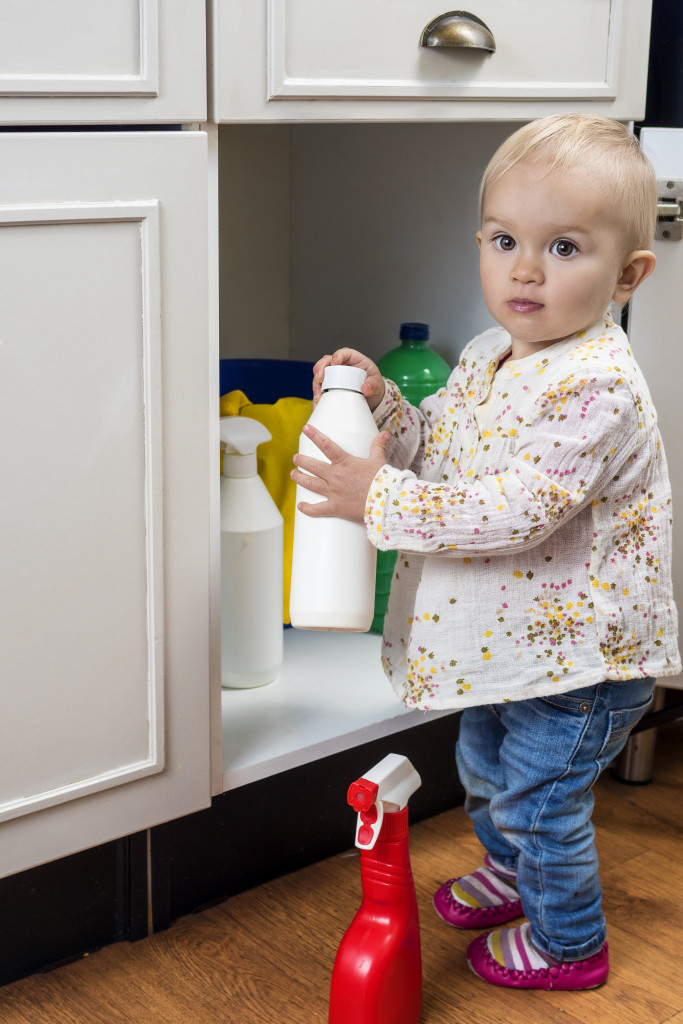Disclaimer: This website provides health information for educational purposes only and is not a substitute for professional medical advice, diagnosis, or treatment. Always seek the guidance of a qualified healthcare provider with any questions you may have.
If you’re a parent, there’s a good chance you’ve dealt with your fair share of toddler allergies. And if your child is allergic to milk, you know just how frustrating it can be. Milk allergies are one of the most common food allergies in children, and they can cause various symptoms, from mild to life-threatening. If you think your child may have a milk allergy, it’s important to get them checked out by a doctor as soon as possible. This article will discuss some signs and symptoms of milk allergies in toddlers and some tips for managing them.
Diarrhea
Diarrhea is not a disease, and it is a symptom. It can be caused by many things, from food poisoning to a change in diet. However, if your toddler is experiencing diarrhea regularly, it could be a sign that they are allergic to milk.
Milk allergies are relatively common in young children and can cause digestive problems, including diarrhea. However, if you are not sure what’s causing diarrhea, it is best to get your baby diagnosed. You can opt for a food intolerance diagnosis test to identify the problem. Moreover, the diagnosis will also help determine what additional ingredients in the toddler’s diet are triggering the allergy.
Vomiting
Vomiting is a common symptom of childhood illnesses but can also be an allergy sign. Suppose your toddler is vomiting and has other symptoms of an allergy, such as a rash, difficulty breathing, or swelling. In that case, it’s essential to seek medical attention immediately.
If your toddler is diagnosed with a milk allergy, the best course of action is to avoid dairy products altogether. Many dairy-free alternatives are available, so you’ll still be able to provide your child with the nutrition they need. With proper management, most children with milk allergies can live healthy and happy lives.
Skin Rash
If your child has a milk allergy, their immune system will overreact to proteins in milk, resulting in inflammation and irritation. This can cause various symptoms, including eczema, hives, and other skin rashes. If you suspect your child has a milk allergy, you must see a doctor for confirmation.
Eliminating milk from your child’s diet is the only way to effectively manage the allergy, and you’ll need to be careful about avoiding all sources of milk, even hidden sources like butter and whey. With careful management, most children outgrow their milk allergy by school age.
Breathing Difficulties
It’s normal for toddlers to have occasional breathing difficulties, but if your child is having trouble breathing regularly, it could be a sign of an allergy. One of the most common allergies in toddlers is milk allergy. This reaction can cause various symptoms, including difficulty breathing, wheezing, and coughing. If you suspect your child has a milk allergy, it’s crucial to see an allergist for diagnosis and treatment.

Anaphylaxis
Anaphylaxis is a severe, life-threatening reaction that can occur minutes after exposure to an allergen. Symptoms include:
- Difficulty breathing, swallowing or speaking.
- Hives.
- Swelling of the face, lips, or tongue.
- Dizziness or fainting.
If you suspect your child has an allergic reaction, it is vital to immediately administer epinephrine and seek medical help. However, some children will continue to experience symptoms into adulthood. If you think your child may be allergic to milk, talk to your pediatrician about testing and treatment options.
Fussiness
If your toddler is suddenly extremely fussy, it could signify that they are allergic to milk. Milk allergies are fairly common in young children and can cause various symptoms, from skin rashes to vomiting.
Toddlers allergic to milk may also have difficulty sleeping and may be more prone to tantrums. If you suspect your child is allergic to milk, you must see a doctor for a proper diagnosis. Once an allergy has been confirmed, you can work with your child’s doctor to develop an appropriate treatment plan.
Weight Loss
It’s not uncommon for toddlers to lose weight transitioning from babyhood to toddler hood. It’s considered perfectly normal for toddlers to lose 5-10% of their birth weight during their first year.
However, if your toddler is losing more weight than this, it could be a sign that they are allergic to milk. With the right treatment plan, most children with milk allergies can overcome their symptoms and go on to lead healthy, happy lives.
You can do a few things to manage your child’s milk allergy. First, make sure to read food labels carefully. Milk and dairy products can be found in various foods, so it’s important to check labels for ingredients like whey, casein, and lactose. You can also talk to your child’s doctor about whether they should take a daily antihistamine. And finally, it’s important to have an emergency plan in case your child has a severe reaction.




